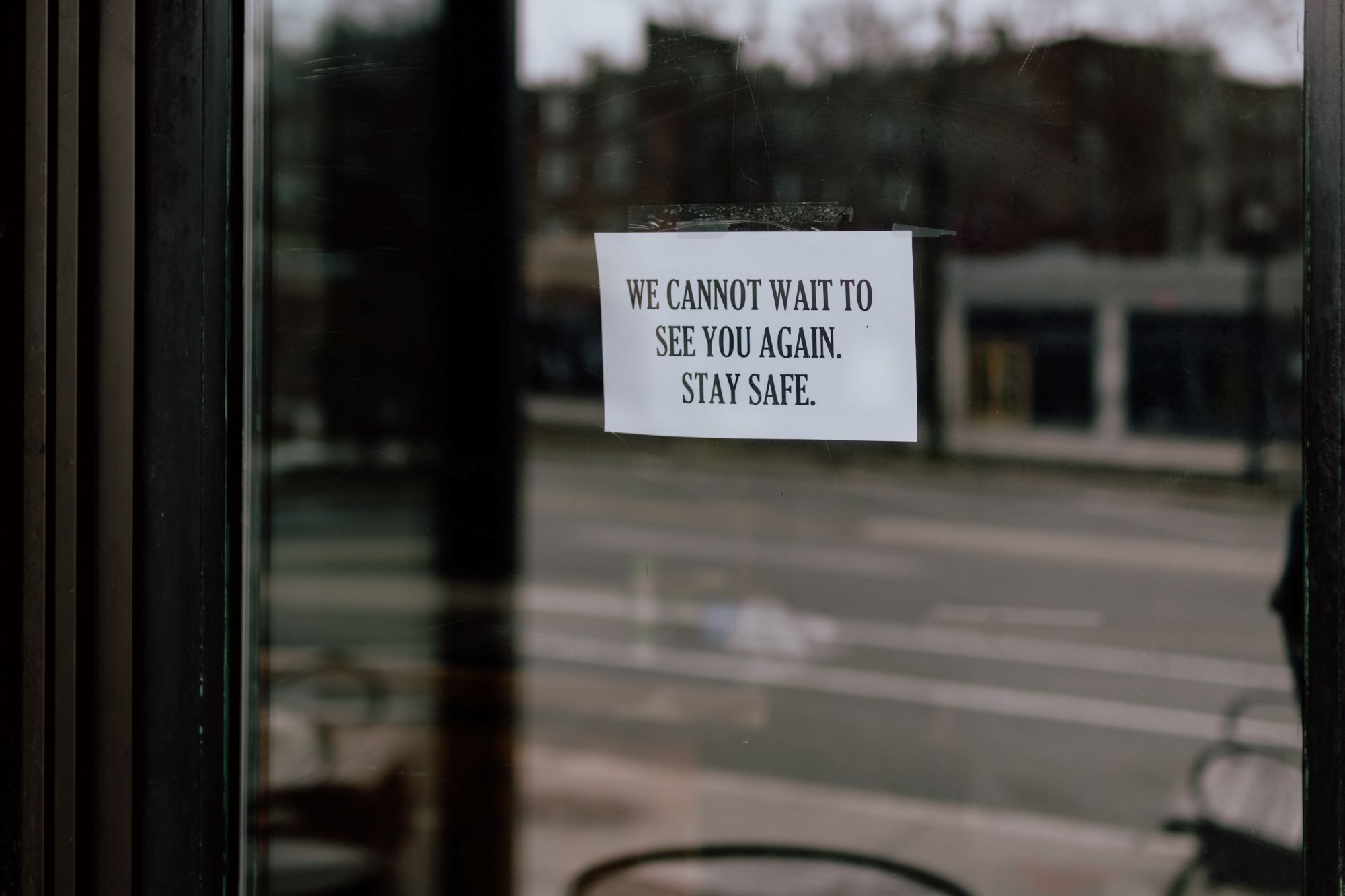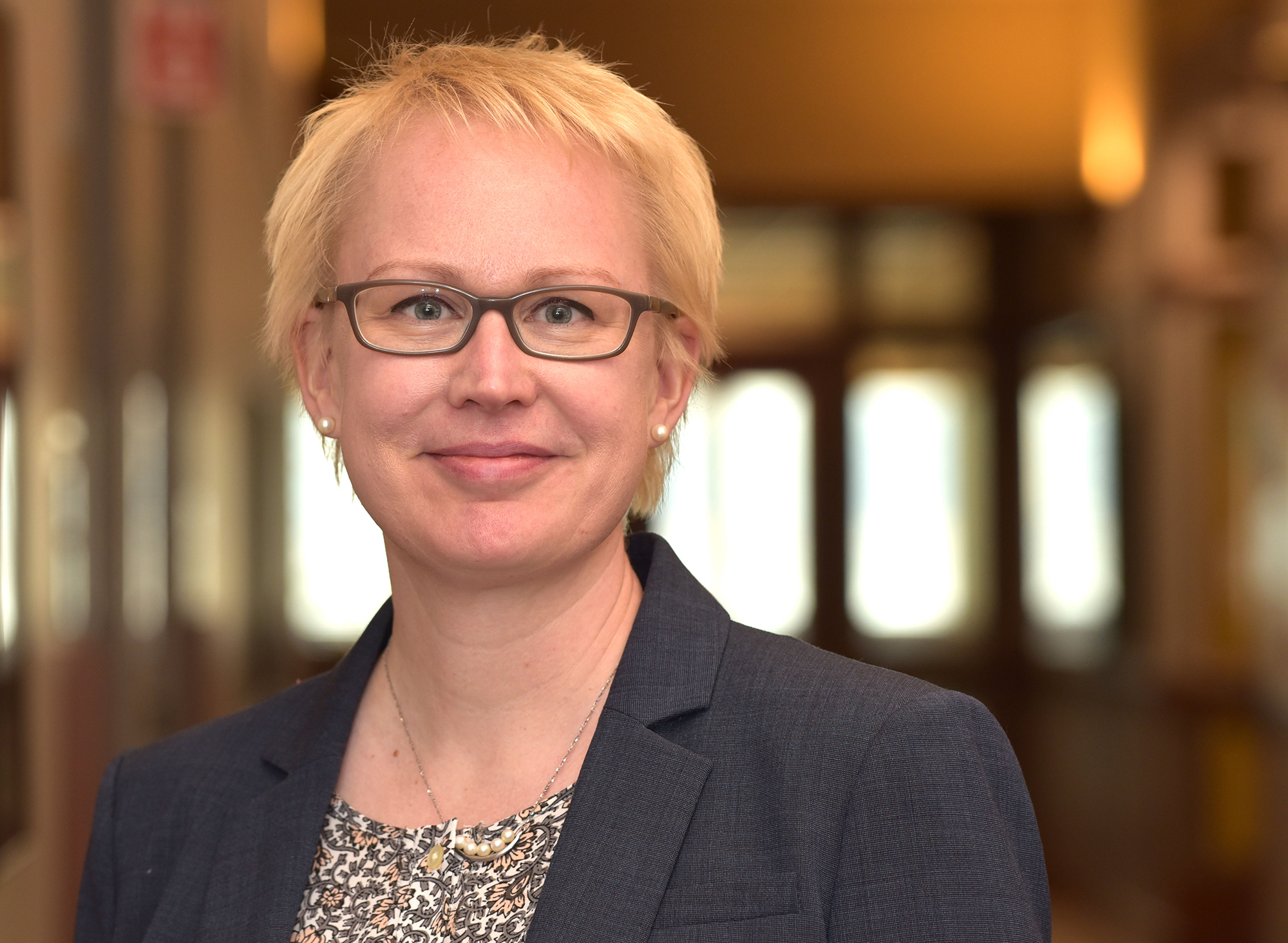
As the coronavirus pandemic continues to grip the news, shake the economy and affect the way we’re living and working, there’s one sector in business that’s feeling the crunch of the crisis probably more than any other. In this Q&A, we’re taking a look at how COVID-19 has created a unique set of challenges as well as opportunities for entrepreneurs and small businesses. Sharing their expertise on the topic are
Bruce Leech, executive director of the Coleman Entrepreneurship Center, and
Maija Renko, professor and Coleman Chair of Entrepreneurship, at the Driehaus College of Business.
How is the COVID-19 crisis affecting entrepreneurs and small business founders, and what can we as consumers do to support them?
 Coleman Entrepreneurship Center Executive Director Bruce Leech
Coleman Entrepreneurship Center Executive Director Bruce Leech
Leech: This crisis impacts entrepreneurs and small businesses probably more than any other segment of the market, mainly because they typically don’t have a lot of cash on hand to ride out the storm. Most entrepreneurs put any excess cash back into the business to fuel their growth, since many of these companies still don’t qualify for any external funding, like a bank loan. So, when an unexpected consequence out of their control hits, they are often not prepared. You do contingency planning focused on your market, competition, customer, etc. and don’t really have the time or resources to focus on or worry about a pandemic. The best things consumers can do is to continue to do business with small businesses, like ordering takeout from your local restaurants or supporting whatever creative efforts they have launched to keep their cash flow moving. This is a terrible time for all of us, especially the small business owners!
 Maija Renko, Coleman Chair of Entrepreneurship
Maija Renko, Coleman Chair of Entrepreneurship
Renko: Businesses that are dependent on in-person consumer spending have felt the crisis in their cash flow right away as they have had to close doors or see the demand for their products or services go down dramatically. Cash flow management is a big challenge for many small businesses even in the best of times, and the government and philanthropic initiatives we are seeing to address the economic impact of the crisis will succeed best if they can alleviate the immediate cash challenges that small businesses are facing.
In addition to what Bruce has mentioned about supporting small businesses with our wallets, I think it is also important that we understand and support the macro-level initiatives to help small businesses weather this storm.
This crisis also takes a huge emotional toll on entrepreneurs and their key employees. Imagine being a business owner and not knowing when you will be able to open doors again, whether you will be able to keep your supply chains functioning, whether customers will return to you after the crisis? So another thing we can do: if you know an entrepreneur, give them a call and be there for them as a friend and support person.
What role can entrepreneurs—especially social entrepreneurs—play in developing solutions to challenges presented by the crisis?
Leech: A time of crisis can really bring to light entrepreneurial capabilities and the best skills to be innovative and creative. Whether it’s adjusting to working from home or implementing creative solutions in our city/state (like using hotels for hospital beds), these will all have a long-lasting impact after this crisis is over. We often say that entrepreneurship is a skills set, it’s not just about starting a company. And in this crisis, the skills set of entrepreneurship is really coming alive.
Renko: I think the solutions to short-term and long-term challenges presented by this crisis will come from both entrepreneurs that are already running businesses and figuring out new products and services to respond to the new situation, as well as from new entrepreneurs starting new organizations (social as well as traditional enterprises). One key to entrepreneurial sustainability through a crisis like this is to think of one's relationships as potential collaborators and partners, not just as transactional donors or one-time helpers. I would expect to see solutions to the market needs that this crisis creates coming from individuals who adopt this kind of a partnering approach to their peers, collaborators, friends, and even potential competitors.
An important role that entrepreneurs and small businesses play at the time of an economic crisis is that they tend to be more personal in their approach to managing human resources. There is research that suggests that at the time of a financial crisis, small businesses and family businesses treat their employees differently than big businesses. For example, small and medium-sized businesses showed more vulnerability during the 2008 economic crisis, but they were still less likely than larger firms to lay off workers.
What remote programming and resources is the Coleman Entrepreneurship Center offering students and the public during this time?
Leech: We are looking at putting some of our programs online in the next few months. This would include remote mentoring sessions with one of our 60 Coleman Entrepreneurship Center mentors, virtual office hour discussions with our Entrepreneurs in Residence, Kevin Taylor and Brian Feldkamp, as well as virtual office hours with me each week. We are also working on posting helpful videos and content from our entrepreneurship faculty on our social media channels to help any of our students or alumni that need support in further developing their entrepreneurial skills or starting a new venture during these times. And we’re looking at the online programs of our ecosystem partners, like 1871 and 2112, to leverage their content and help support our DePaul community.
Our
4th Annual Purpose Pitch Competition is also in the works. It’s going to be a virtual competition this year, taking place via Zoom, on May 19. We’ll be awarding $20,000 to six final teams (students and alumni) who we deem to have the most purposeful startups. We’re excited to keep this program going, especially during this crisis when we need to see more purpose-driven businesses lift up our communities.
Connect with the Coleman Center for Entrepreneurship online.
Learn more about
DePaul’s MBA in Entrepreneurship,
MS in Entrepreneurship and undergradate Entrepreneurship (BSB).